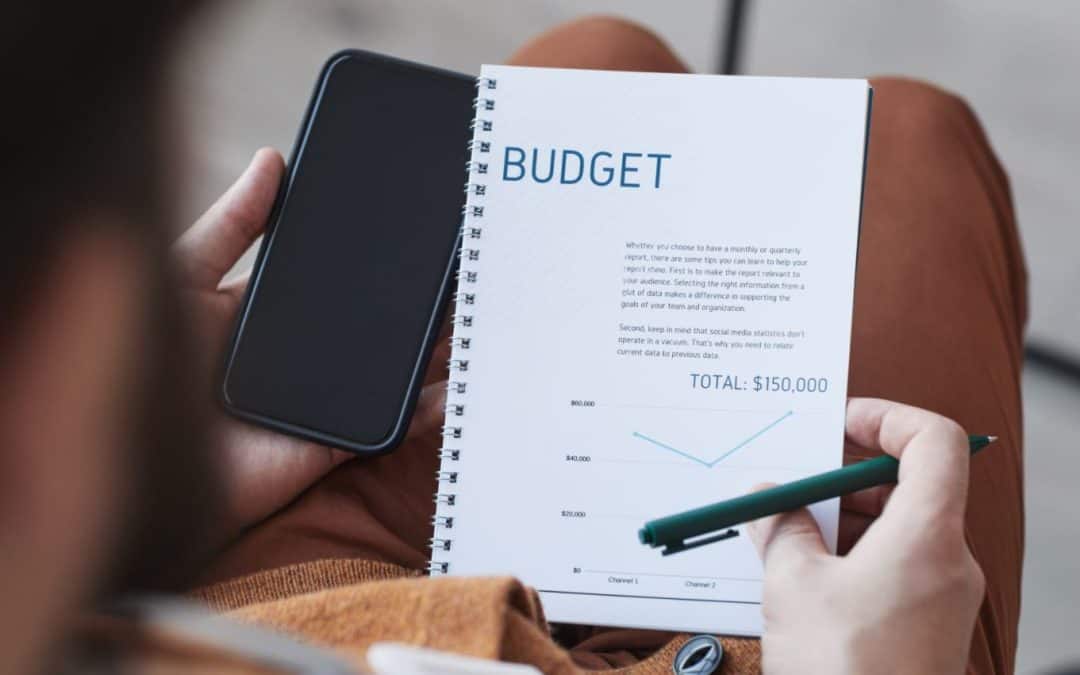By: Josh Slocum, McClellan Wealth Management
When the new year rolls around, some people start flocking to the gym and vowing to improve their physical health, while others pick up a new, stress-reducing hobby to better their mental health.
But how many people use the fresh start that a new year brings to overhaul their financial health?
Many people avoid the topic of money like COVID-19 and dread the task of getting their finances in order. As a result, countless individuals spend a large portion of their adult lives confused about essential financial topics like budgeting and investments.
What if this year, instead of approaching your finances with trepidation, you took charge of this vital part of your life. It’s time to stop procrastinating and whip those finances into shape!
3 Tips for Getting Financially Healthy in 2021
It’s Time to Budget
A key element in helping keep your finances under control is to budget, budget, budget. I know, the idea of sitting down and creating a budget doesn’t exactly sound like a pizza party, but it is crucial to good money management. A new year is also the best time to create a budget and layout exactly where you want your money to go in the coming year.
To help make a mundane task more fun, start with working something fun into your budget! Say you want to go on a vacation, after COVID-19 of course, in the coming year. After planning for the necessities in your budget, start mapping out approximately how much your vacation will cost, and then build the rest of your budget for the year around that, but within reason. It’s never smart to wistfully plan for a vacation that is not financially realistic.
Start an Emergency Fund
It’s generally recommended to always have three to six months’ worth of income in your bank account at all times in the event of an emergency. To help determine exactly how much you need to save, a good rule of thumb is to consider the number of incomes coming into your home. If yours is the only income in the household, you should keep six months’ worth of wages ready in your bank account. If there are two or more people with an income, each person should have a nest egg in their savings equivalent to approximately three months’ salary.
While it’s important to keep a portion of your savings reserved specifically for an emergency, you do not want to have too much money sitting idly in your savings account— unless you have a specific expenditure coming up, like buying a house or car. If you keep money sitting in your bank account, doing nothing, it creates something known as a “drag” on your investment portfolio, and inflation will slowly begin chipping away at the capital.
Review Investments
The beginning of a new year is a great time to reevaluate and review your investments. After 2020 and the initial blow of the current pandemic, the economy, for the most part, has rebounded. While things seem to be on the upswing, now may be a good time to thoroughly evaluate where your money is invested and position yourself to potentially make additional strides financially during the upcoming year.
Financial Advising in Birmingham, Alabama
Talking about finances, in the appropriate setting, should not be a taboo, and at McClellan Wealth Management, our mission is to make clients feel comfortable and confident with their finances. If you have any questions or want to set up a meeting call us at (205) 208-9868 or email us at josh@mcclellanwealth.com.
This material is provided as a courtesy and for educational purposes only and is not intended to be relied upon as specific investment advice and is not a recommendation, offer or solicitation to buy or sell any security. The opinions expressed here are those of the author and not Advisor Services Network, LLC.

